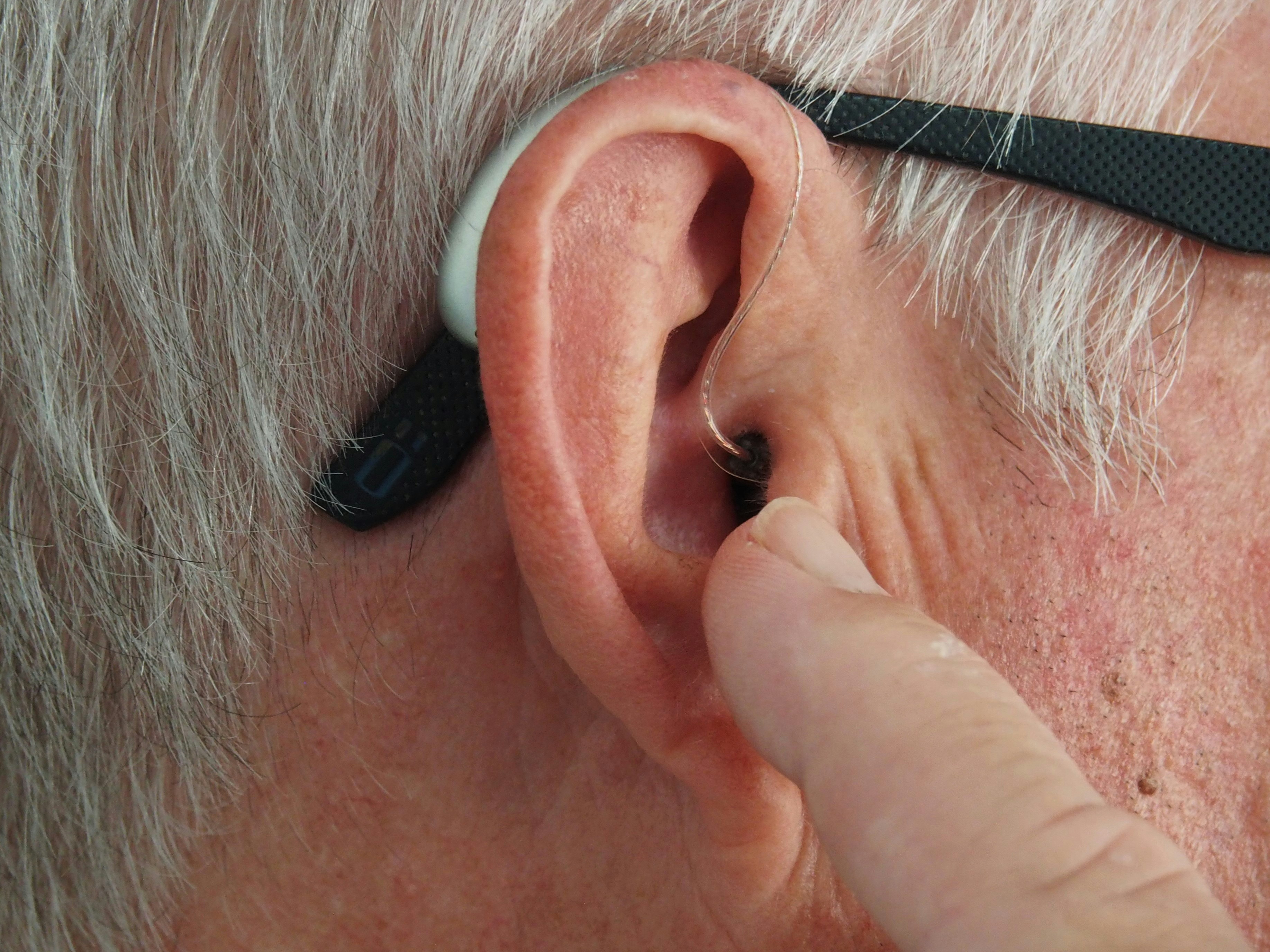People are more likely to experience health issues as they get older. Cellular damage is one of the reasons for this. Cells often stop functioning correctly and increase in size as we age. Healthy cells replicate, enabling people to heal from injuries or fight disease. Changes in cell structure that occur as people age inhibit their ability to heal.
Cellular changes are one of the reasons older adults are susceptible to infections and several other health problems. Although your lifestyle and genes can have a significant impact on your health, it’s common to be affected by sensory deficits, neurodegenerative conditions, mobility issues, and diseases as you age. Below are some common problems older adults face as they age.
Sensory Deficits

Presbyopia is common among seniors. As you age, the lens inside your eye becomes rigid and is unable to change focus. People with presbyopia may see blurred letters when they’re trying to read. Your vision can also be affected by smoking or by diseases such as macular degeneration.
Although some issues with your vision may be inevitable, you can protect your sight by eating a healthy diet and wearing sunglasses to protect your eyes from sunlight. Opthamologists also recommend not smoking.
Hair cells inside your ear play a key role in enabling you to hear. These hair cells can die or be damaged as you age. Since these hair cells do not regrow, you will experience hearing loss if they’re damaged. Hearing loss can also be caused by exposure to loud noises or illnesses, such as otosclerosis.
To protect your hearing, schedule an appointment with an audiologist. Audiologists are medical doctors who specialize in performing hearing tests and are qualified to assess your hearing, determine the cause of hearing loss, and develop a treatment plan. In some cases, hearing loss may be reversible. Your audiologist can also educate you about ways to prevent further hearing loss and prescribe hearing aids.
Neurodegenerative Conditions
Some older people engage in compulsive behavior, such as hoarding or placing items in specific locations. Compulsive behavior can be a symptom of obsessive-compulsive disorder (OCD), but it can also indicate neurodegenerative conditions, such as Alzheimer’s disease or Parkinson’s disease.
Anxiety can play a crucial role in promoting compulsive behavior. Older people sometimes struggle with the loss of control over their bodies or lives, particularly if they need to move into assisted living or require in-home care. Seeing a therapist for counseling can help seniors cope with life changes that are affecting their mental health. Cognitive behavioral therapy is one of the most effective ways to treat Alzheimer’s patients and prevent long-term drug use to treat the disease.
Mobility Issues
Bones shrink and weaken as you age, making fractures more common. Muscles also weaken and become stiff. Issues with balance and endurance are common because your bones and muscles lack the strength to function normally.
You can protect your bones and muscles by consuming calcium and vitamin D. Calcium strengthens bones and helps your muscles function correctly. You can increase your calcium intake by consuming kale, salmon, and dairy products. Salmon also provides vitamin D, which enables your bones to absorb calcium. Your muscles also need vitamin D to operate. Other sources of vitamin D include eggs and tuna. Regular exercise will also help you retain muscle and bone strength.
Systemic Diseases

It’s common for seniors to be affected by heart disease, diabetes, and respiratory diseases, such as asthma. It’s normal for your arteries to lose flexibility as you age, making it harder for your heart to pump blood throughout your body.
You can protect your heart by maintaining healthy blood pressure and lowering your cholesterol levels. Regular exercise can prevent weight gain. Exercise can also help you lower your stress levels and maintain healthy sleep patterns, which are also crucial for heart health.
People can get diabetes if they have high blood sugar. Maintaining a healthy weight and eating a balanced diet can prevent you from getting diabetes or help you manage your blood sugar levels if you have diabetes.
As your bones shrink and weaken, your rib cage is affected. This can affect your respiratory muscles’ strength, which can make it hard for you to breathe correctly. Doctors recommend regular check-ups to monitor your respiratory health. You can also prevent or minimize respiratory issues by exercising regularly and not smoking.




